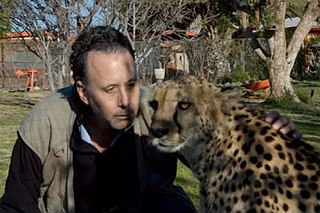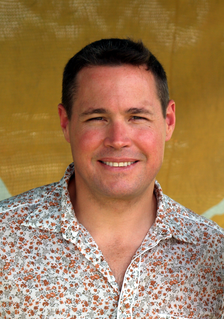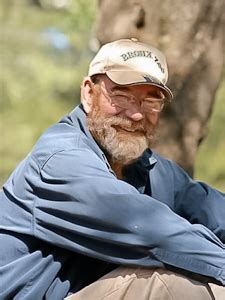A Quote by Owen Jones
The passenger pigeon, the golden toad, the Caspian tiger: they are all gone, and other species hang by a thread. Our actions are not merely driving other species to extinction: we threaten our own survival, too, by destabilising ecosystems and destroying biodiversity.
Related Quotes
My aim is to advocate that we make this mental switch in respect of our attitudes and practices towards a very large group of beings: members of species other than our own - or, as we popularly though misleadingly call them, animals. In other words, I am urging that we extend to other species the basic principle of equality that most of us recognize should be extended to all members of our own species.
...we sacrifice other species to our own not because our own has any objective metaphysical privilege over others, but simply because it is ours. It may be very natural to have this loyalty to our own species, but let us hear no more from the naturalists about the "sentimentality" of anti-vivisectionists. If loyalty to our own species - preference for man simply because we are men - is not sentiment, then what is?
It's a fair guess that at the rate we're destroying habitat, especially but not exclusively in the tropics, we're pushing to extinction about one species every hour. That doesn't count the species whose populations are being reduced so greatly that diversity within the population is essentially gone.
Each of these [bacterial] species are masterpieces of evolution. Each has persisted for thousands to millions of years. Each is exquisitely adapted to the environment in which it lives, interlocked with other species to form ecosystems upon which our own lives depend in ways we have not begun even to imagine.
The earth has continued to change, from rapid climatic changes that have caused the glaciers and the ice sheets to basically bulldoze the landscape and cause species compression in the tropics and cause mass species extinction - you know, all these huge changes. In terms of evolution, every species is doomed to eventual extinction. The natural world is constantly changing. So, to deal with "environmental problems," in quotes, totally misses the issue. That is not the way we want to define our problem if we're going to find our solution.
Many scientists would argue that we are now in what is called Extinction, and it's caused by this perfect extinction storm: climate change, habitat loss, pollution, unsustainable exploitation of species and habitat resources, and of course, human population explosion. All of these factors work together and conspire to drive a species to extinction on our planet, every half an hour.
Researchers keep identifying new species, but they have no idea about the life cycle of a given species or its other hosts. They cut open an animal and find a new species. Where did it come from? What effect does it have on its host? What is its next host? They don't know and they don't have time to find out, because there are too many other species waiting to be discovered and described.
A species has to become pretty intellectually advanced in order to grasp the concept of death in the abstract, and to dream up the idea of immortality. Long before that (in evolutionary terms) all species with brains have the survival instinct in some form. So, I am just saying that there are many existent proofs of species that have one, but not the other.































